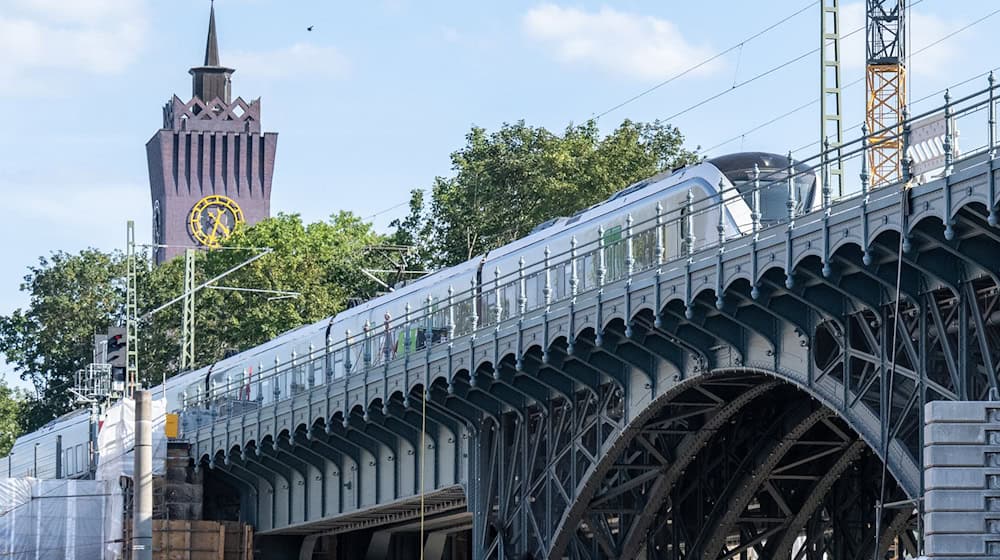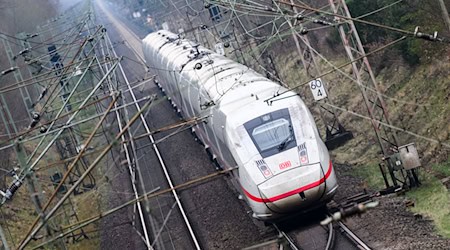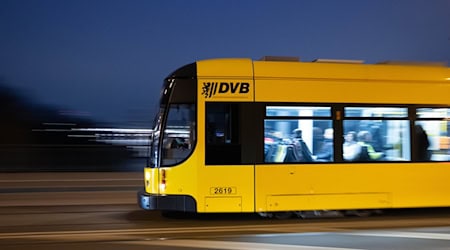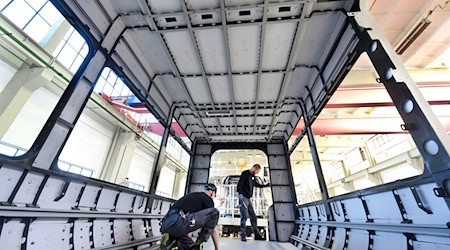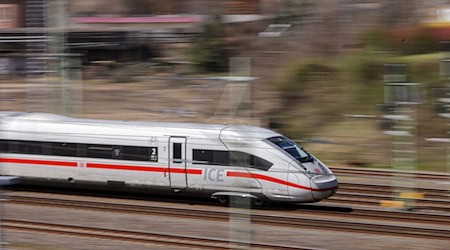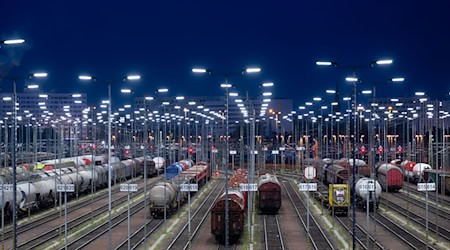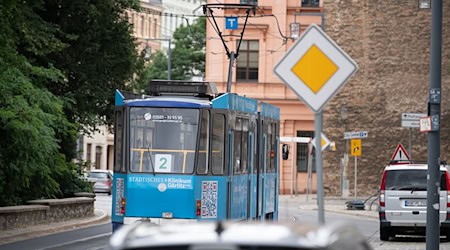Deutsche Bahn has completed the modernization of the 2.8-kilometre Chemnitz railroad arch with a ceremony. The inner-city line is part of the Saxony-Franconia main line to Bavaria and has undergone extensive refurbishment in recent years. Tracks were renewed, stops were converted to make them barrier-free and better connected to buses and streetcars; four new bridges were built, overhead lines and signaling systems were renewed and new noise barriers were erected. Rail passengers should thus benefit from more reliable and punctual trains. In future, the journey time from Dresden to Hof should be reduced to two and a half hours.
The heart of the railroad arch is the historic steel viaduct, which was built between 1901 and 1910. The original plans envisaged its demolition. This was met with fierce criticism and a citizens' initiative mobilized against it. The Federal Railway Authority finally halted the project and rejected the demolition in 2018 for reasons of monument protection. "The restoration is a perfect example of how monument protection, historic railroad architecture and new technical standards can go together," explained Ingrid Felipe, CEO of the railroad subsidiary InfraGO. Rail traffic has been running on two tracks there again since the spring.
Viaduct recalls the era of industrialization
The bridge made of mild steel, which spans the Chemnitz River and two roads in two arches and ten beam segments, is 275 metres long. According to the information provided, thousands of rivets were replaced for the modernization and the steel structure was recoated to protect it from corrosion and environmental influences. "The railroad bridge symbolizes the era of industrialization that significantly shaped Chemnitz and the Free State of Saxony," stated Transport Minister Martin Dulig (SPD). "Now it also shows future generations the engineering skills of our ancestors."
The costs for the modernization of the railroad arch, including the historic viaduct and planning services, were estimated at around 250 million euros on Sunday. Construction began in 2019.
Chemnitz will be the European Capital of Culture next year together with Nova Gorica (Slovenia). Many visitors from Germany and abroad are expected to arrive by train. The Saxony-Franconia Main Line is an important connection for the city to southern Germany as well as Dresden and Berlin.
Copyright 2024, dpa (www.dpa.de). All rights reserved

